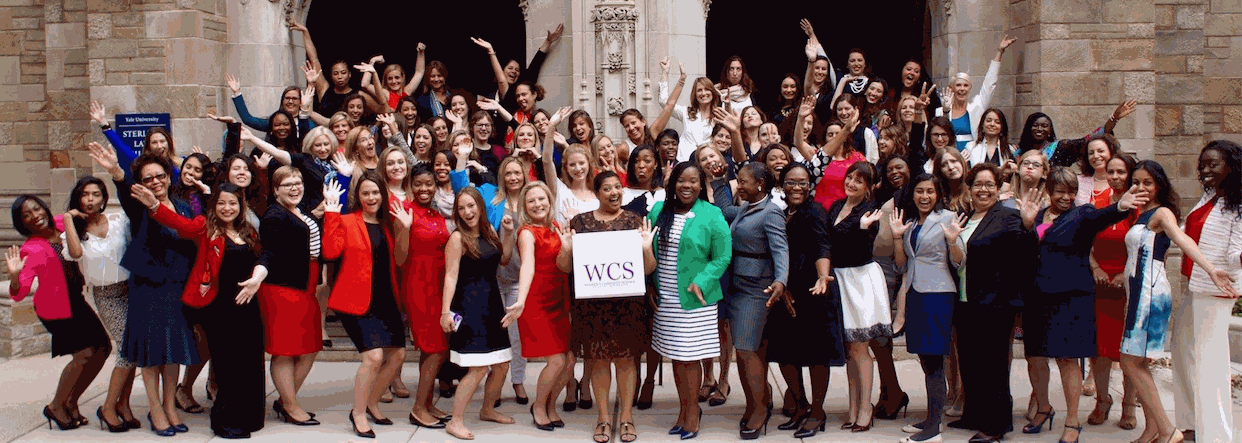I spent last week with 80 women from around the world. These women are committed to making change in their communities. As the communications coach at the Women’s Campaign School at Yale University, I had the privilege of coaching these women to speak up, speak out, and speak powerfully.
The ability to communicate is a necessity for success in all arenas, including politics, associations and non-profits, and corporate America. The Yale students are committed to serving in elected office or helping other good candidates do so. They understand that if they hold back and wait for the perfect moment to contribute to the conversations, they will miss out. We know that women speak less than men in public arenas, including at work and in the political world. And it’s interesting to note that when asked, men believe women contribute equally or more frequently in group conversations than do men – although the research shows that men contribute at a significantly higher rate to group conversations than do women.
Communicating is a necessity for leadership at all levels. In order to lead in the political world, a candidate must be able to share her vision and articulate clearly why people should support her. To lead in the work place also requires the ability to share vision and motivate and inspire others. And yet the research shows that many women still struggle and do not speak up. I was encouraged, however, when I asked the women last week about their plans. Some said that they’ve been ignored and often have a tough time getting into the conversation and being fully heard, but every one of them said they are committed to getting their voices out in public arenas. Women do speak differently – we use and value language differently. For instance, we often want to level the playing field with our words – but we need to be careful that in doing so we’re not inadvertently lessening our leadership voice. Deborah Tannen, an author and professor of linguistics at Georgetown University has written extensively, for many years, on gender communication differences. The University of Connecticut’s Gina Barreca (a frequent speaker at the Women’s Campaign School at Yale) also speaks and writes on the differences between men and women, with a very funny focus on humor communication differences.
The reality is that in the political world, as in more senior leadership roles in the workplace, there are fewer women’s voices being heard. When women try to “talk like a man,” they are often criticized as too harsh and too aggressive. Finding their unique voices becomes even more important. I asked the Yale women, as I ask my executive coaching clients, to think about how they want to be perceived. Until we know inside how we want to be perceived on the outside, it’s very difficult to fine-tune our communications and our overall presence and ensure our words, voice, and nonverbal language syncs up with our desired perception. Many of the women said they believed they still need to establish their credibility but they went beyond that – many said they want to communicate their passion and compassion for serving their communities and leading the efforts to find solutions.
Getting more women into elected office and into leadership roles in associations and nonprofits, for-profits, government, and academia will serve everyone. And ensuring that women have the communication skills and support for making their voices powerful will help get them there.

